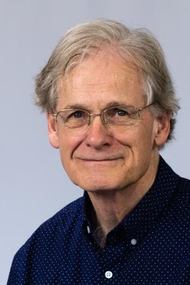 Peter Gibb Peter Gibb I arrived early to nab a good seat for the workshop titled "Discovering Your Story: The Joy of Mindful Writing." On the hour, the instructor, Peter Gibb, walked to the podium. Around the room, people stashed their cell phones, arranged their pens, opened laptops and notebooks. Gibb looked out at the audience, looked down at the podium. Did not speak. He moved his cell phone a fraction of an inch, shuffled some other things in front of him. Remained silent. People shifted in their chairs, rearranged their pens, shot each other quizzical glances. My mind pinged: Has he forgotten what he wants to say? Is this part of the workshop? It is, after all, about mindful writing. Am I supposed to relax and try to be mindful? What the heck is he waiting for? Finally, our speaker spoke: "We have now been in session for one minute." One minute. Huh. One minute of unfilled time felt like an eternity. That was the first lesson in a class that offered a fresh and inspiring take on writing. Immediately following that interminable minute, Gibb challenged us to spend a few more minutes writing about what happened during that miniscule span of time. "It might seem like nothing happened, but actually a lot was going on," he said.  Who knows what might turn up in a mindful minute (Stock photo) Who knows what might turn up in a mindful minute (Stock photo) That there was, judging from the writing people shared after the exercise One person wrote about a fly walking across the table where she sat; another writer detailed his observations of Gibb and the room. From those and other examples, Gibb launched into a discussion of the three typical components of stories, especially memoir: the external story (facts), the internal story (thoughts and feelings), and the personal meaning (what you make of the experience). The richest personal stories, he maintains, include all three levels, and all three can benefit from a mindful approach. "Most of us think what we need to learn is craft, and that's important, but mindful writing has less to do with craft than with awareness and curiosity," Gibb said. "Being aware and curious opens you up to a world that is truly mind-boggling." My mind was boggled, all right, and not only by Gibb's presentation, one of eight sessions I attended at the annual Pacific Northwest Writers' Association (PNWA) conference in Seattle last month. The content ranged from practical advice on the business of writing ("Legal Issues for Writers" and "Build a Writer Platform in 12 Months"), to the finer points of craft ("The Art of the Personal Essay" and "How to Create an Unforgettable Character"). There were panel discussions in which agents and editors gave overviews of the kinds of projects they're acquiring and how best to pitch a project to them. And there were pitch panels (AKA pitch slams)—sort of like speed dating for aspiring authors. At these sessions, a writer has four minutes in which to pitch and connect with an agent or editor. Then a bell rings and the writer must give up his or her seat to the next person waiting in line, and head off to pitch to someone else. All in a noisy, open space. Sounds crazy, but once you get the hang of it, it's kind of fun. Well, a stressful kind of fun. 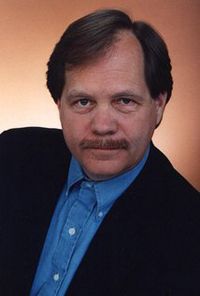 Christopher Vogler Christopher Vogler Another noteworthy session was a four-hour master class with Christopher Vogler, author of The Writer's Journey. Vogler's approach to storytelling draws from psychology, mythology, physiology, and other sources not typically associated with writing.  Artist's representation of chakras. Artist's representation of chakras. His talk wrapped up with a discussion of chakras, focal points within the body used in a number of ancient meditation practices. Chakras are thought to respond to sound, colors, and vibrations, and can also serve as a guide in writing, Vogler asserts. "Think about what chakras you're trying to awaken in readers," he advised. "Also, what chakra is your main character working from?" I don't know about my readers and characters, but I sensed my chakras were all awake and humming throughout the conference, where there was as much going on outside of the sessions as within them, and PNWA board members, staffers, and volunteers went out of their way to show their support for writers. 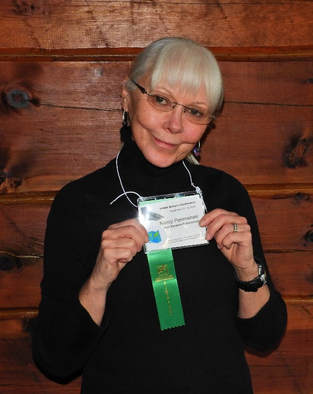 FINALIST! (And winner-to-be) (Photo: Ray Pokerwinski) FINALIST! (And winner-to-be) (Photo: Ray Pokerwinski) Having never attended that conference before and having moved away from the Pacific Northwest more than forty years ago, I showed up at the SeaTac Doubletree knowing no other attendees. The folks at the registration table made me feel like part of the gang—even a special part of the gang, by congratulating me on being a finalist in the literary awards contest and making sure I attached my green-and-gold FINALIST ribbon to my name badge. All weekend long, in fact, finalists and winners got VIP treatment, with reserved tables at the awards banquet for all finalists and an after party with agents and editors for the first, second and third-place winners in each category (not to mention the elegant certificates and substantial cash awards). I was thrilled to win first place in the memoir/nonfiction category, but honestly, it seemed to me everyone was a winner at this conference, thanks to PNWA's thoughtful touches. At one station in the registration area, attendees could decorate their badges with colorful stickers corresponding to their writing specialties: a heart for romance, for instance, a pen nib for poetry, a sleuth's magnifying glass for mystery. These visual cues helped writers identify others in their genre and were great conversation starters ("Oh, I see you write historical fiction. What period do you write about, and what kind of historical figures intrigue you?) At a noontime gathering on the first day for first-time conference attendees, PNWA folks offered tips on choosing workshops and panels to attend, connecting with fellow writers, and developing and delivering a pitch. And throughout the weekend, speakers, agents, editors, and PNWA representatives mingled with writers in the hallways and café, willing to chat informally and answer questions. I came away from PNWA with plenty to think about and process. As I looked back at notes from the conference after our return home, I started thinking about all the other writers' conferences, workshops, and retreats I've attended over the years. Curious, I tallied them up and came up with nearly thirty, stretched out over roughly same number of years, from a science writers' workshop on molecular medicine at the University of Michigan to a multimedia storytelling conference at Harvard, to a cozy memoir-writing workshop held in the instructor's living room with blazing fireplace and breaks for tea and homemade muffins. As I looked over the list of writing events, some stood out as exceptional learning experiences, others were notable for the new writing friends I made, the new places I explored, and the insights and inspiration I came away with. There were multi-day conferences with hundreds of attendees jamming the halls and intimate retreats with a handful of writers gathered in someone's home. Some offered opportunities to read my work to an audience or share it in a workshop and have it critiqued. Others were more about sitting back and absorbing information. Not one seemed like a waste of time and money. I have wondered if there ever comes a time in a writer's life when conferences and workshops no longer seem worthwhile. I think I found the answer to that question in the woman who sat next to me at the PNWA editor and agent forums. I'd noticed her earlier, buzzing around the room, greeting old friends and garnering hugs. As we visited before the program began, she told me she had been a finalist a few years earlier and now planned to pitch her memoir, in hopes of securing an agent or publisher. And oh, by the way, she was 97.
6 Comments
10/17/2018 09:37:13 am
You're such a fine reporter And writer.
Reply
Nan
10/18/2018 01:32:12 pm
That's high praise, coming from such a fine journalist as yourself, George. (That's right, you know Cyan, don't you?)
Reply
Nan
11/6/2018 07:34:29 am
Thanks so much, Colleen. I wondered if you might attend PNWA. Maybe we'll meet up there another year.
Reply
Sue Schneider
10/31/2018 04:24:53 am
What an inspiring post. Your writing engages me every time. Congrats again on the writing awards.
Reply
Nan
11/6/2018 07:35:22 am
Thank you, Sue. I appreciate your support. ❤
Reply
Leave a Reply. |
Written from the heart,
from the heart of the woods Read the introduction to HeartWood here.
Available now!Author
Nan Sanders Pokerwinski, a former journalist, writes memoir and personal essays, makes collages and likes to play outside. She lives in West Michigan with her husband, Ray. Archives
April 2022
Categories
All
|

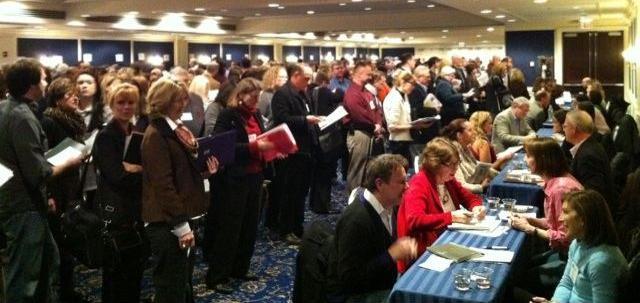
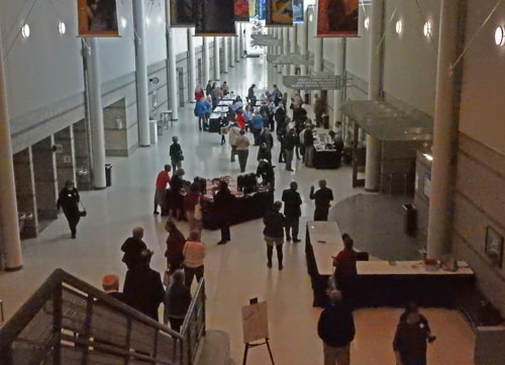
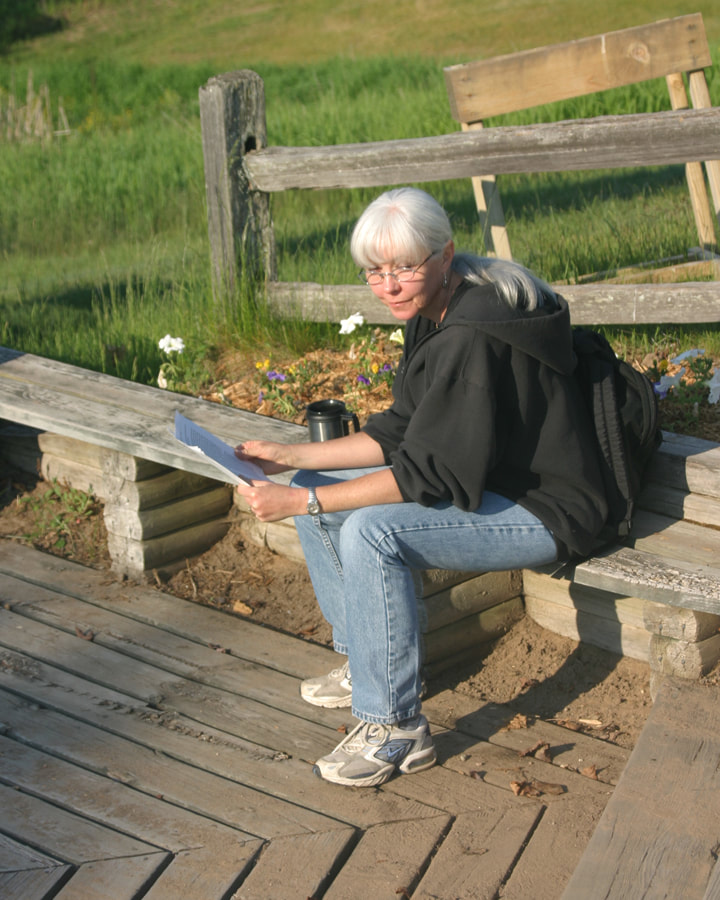
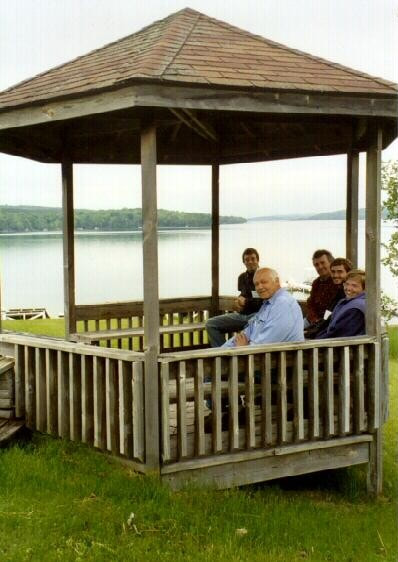
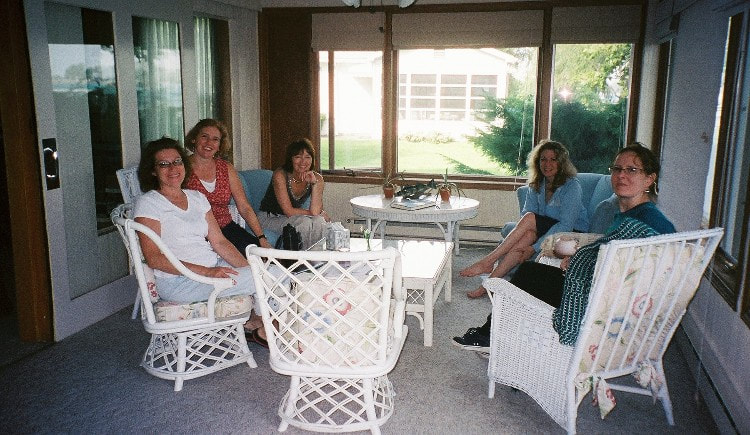
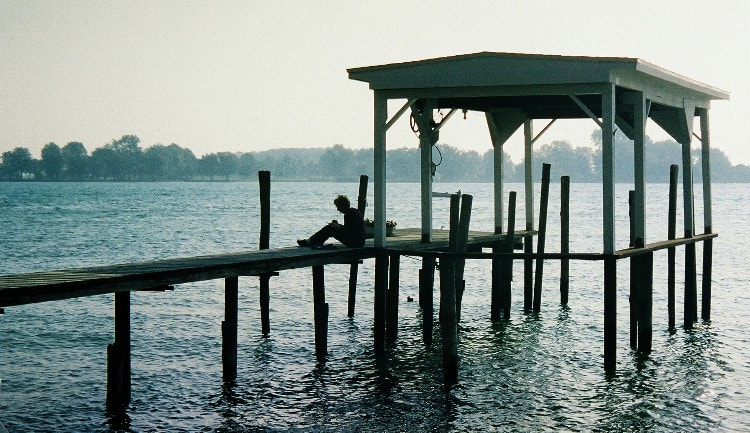
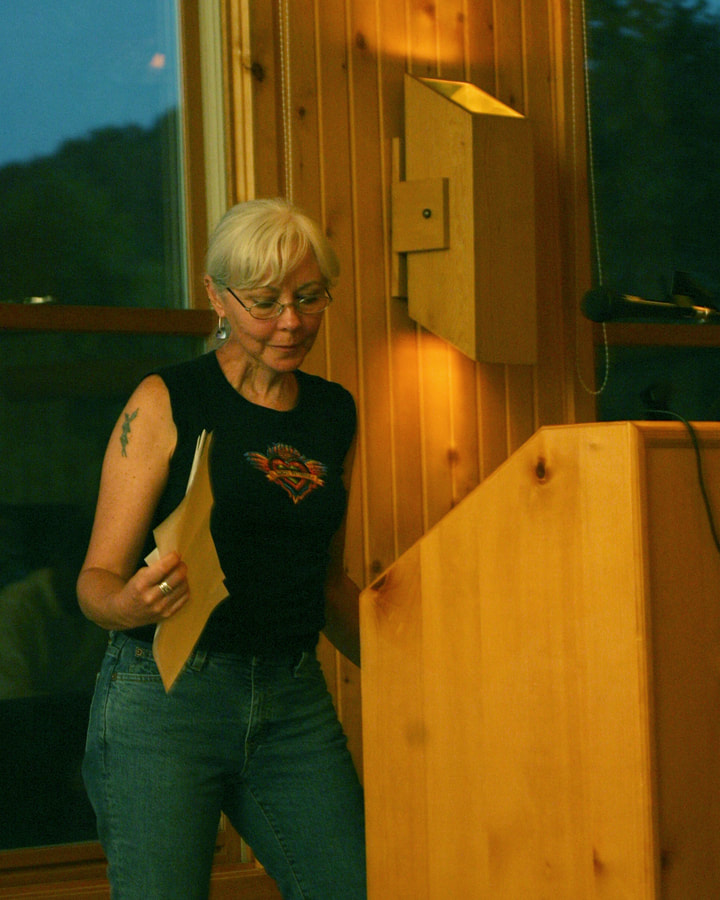
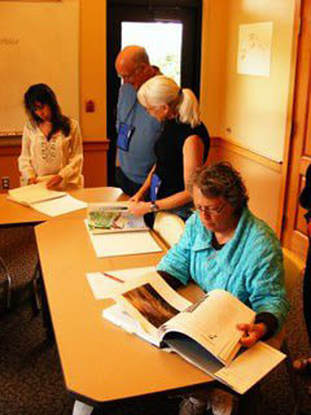
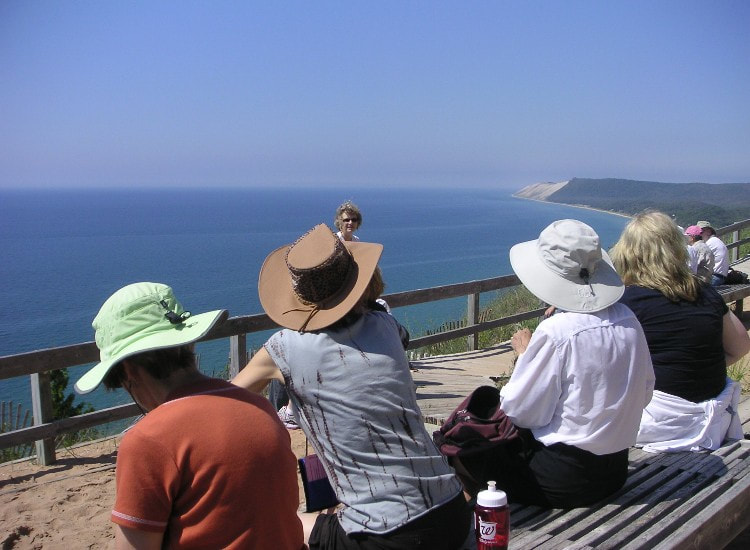

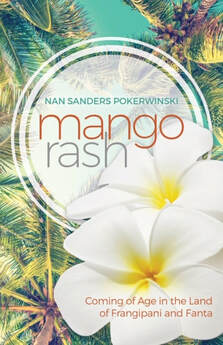
 RSS Feed
RSS Feed